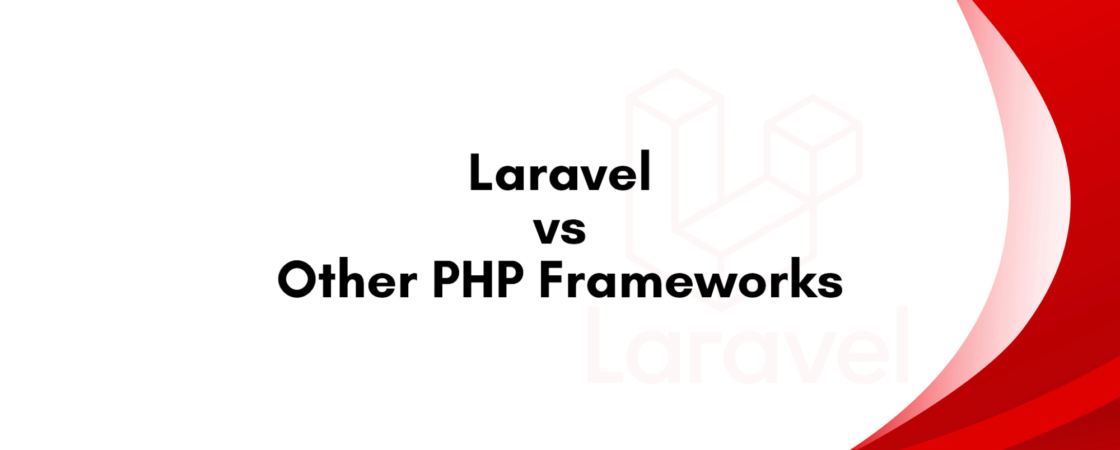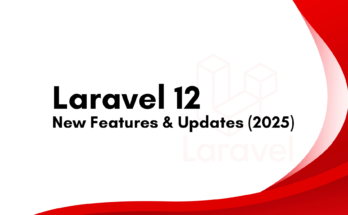Introduction
PHP remains one of the most widely used programming languages for web development, and numerous frameworks have emerged to streamline the development process. Laravel, a modern PHP framework, has gained immense popularity due to its elegant syntax, robust features, and developer-friendly environment. However, other PHP frameworks like CodeIgniter, Symfony, Yii, and Zend also offer compelling advantages. This article provides an in-depth comparison of Laravel with other PHP frameworks, focusing on aspects such as performance, security, ease of use, and scalability.
1. Overview of Laravel
Laravel is an open-source PHP framework designed for building web applications following the Model-View-Controller (MVC) architecture. It was created by Taylor Otwell in 2011 and has since become the go-to framework for many developers.
Key Features of Laravel:
- Eloquent ORM: A powerful Active Record implementation for database interaction.
- Blade Templating Engine: A lightweight yet powerful templating system.
- Routing System: Intuitive and expressive routing mechanism.
- Authentication & Authorization: Built-in user authentication and access control.
- Task Scheduling: Allows automated task execution via cron jobs.
- Laravel Mix: Simplifies asset compilation with Webpack.
- Testing & Debugging: Integrated support for PHPUnit testing.
- Artisan CLI: Command-line tools to automate repetitive tasks.
2. Laravel vs Other PHP Frameworks
2.1 Laravel vs CodeIgniter
CodeIgniter is a lightweight PHP framework known for its simplicity and small footprint. It does not enforce a strict MVC pattern and offers a minimalistic approach.
Laravel Advantages:
- Built-in ORM (Eloquent) vs. CodeIgniter’s reliance on raw SQL queries.
- More secure with built-in protection against SQL injection, XSS, and CSRF.
- Better support for RESTful APIs with resource controllers.
- Blade templating engine provides a more structured approach to views.
CodeIgniter Advantages:
- Lightweight and fast compared to Laravel’s higher resource consumption.
- No strict coding rules, allowing greater flexibility.
- Easier to learn, making it suitable for beginners.
2.2 Laravel vs Symfony
Symfony is a highly flexible PHP framework known for its modularity and scalability. Many PHP frameworks, including Laravel, utilize Symfony components.
Laravel Advantages:
- Easier to learn compared to Symfony’s steeper learning curve.
- More out-of-the-box features, such as authentication and API handling.
- Faster development due to intuitive syntax and built-in tools.
Symfony Advantages:
- Highly scalable, making it ideal for enterprise applications.
- More configuration options, providing greater flexibility.
- Better long-term support (LTS) and backward compatibility.
2.3 Laravel vs Yii
Yii is a high-performance PHP framework optimized for speed and efficiency. It is particularly suitable for large-scale applications.
Laravel Advantages:
- More extensive documentation and community support.
- Easier integration with third-party tools and APIs.
- More beginner-friendly due to simpler syntax.
Yii Advantages:
- Better performance due to its lightweight nature.
- Faster execution speed compared to Laravel.
- Stronger security features out of the box.
2.4 Laravel vs Zend (Laminas)
Zend Framework (now Laminas) is an enterprise-focused PHP framework known for its robustness and professional use cases.
Laravel Advantages:
- More developer-friendly, with a lower learning curve.
- Faster development cycle due to built-in tools.
- Better for small to medium-sized applications.
Zend Advantages:
- Highly scalable for complex, enterprise applications.
- Better suited for large teams with its structured architecture.
- More customizable for specific business needs.
3. Performance Comparison
Performance varies significantly between PHP frameworks. Laravel, due to its feature-rich environment, may be slower than lighter frameworks like CodeIgniter or Yii. However, performance optimization techniques such as caching, database indexing, and queue management can help mitigate these issues.
4. Security Features
Security is crucial for any web application. Laravel offers robust security features including:
- CSRF Protection: Prevents cross-site request forgery attacks.
- SQL Injection Prevention: Utilizes prepared statements to secure database queries.
- Authentication and Authorization: Pre-built user authentication system.
- Encryption: Secure handling of sensitive data.
While other frameworks also provide security mechanisms, Laravel simplifies their implementation, making it easier for developers to adopt best practices.
5. Ease of Use & Community Support
Laravel boasts an extensive and active community, which provides tutorials, plugins, and ready-made solutions. The Laravel ecosystem includes additional tools like:
- Laravel Forge: Server management tool.
- Laravel Vapor: Serverless deployment platform.
- Laravel Nova: Admin panel for Laravel applications.
Frameworks like Symfony and Zend have strong corporate backing, but Laravel stands out due to its ease of use and developer-friendly features.
6. Scalability & Maintainability
For large-scale applications, Symfony and Zend offer more structured solutions, but Laravel is also highly scalable with proper architecture. Features like caching, job queues, and microservices support make Laravel a viable option for high-traffic applications.
Conclusion
Each PHP framework has its strengths and weaknesses. Laravel stands out for its elegant syntax, rich features, and strong community support, making it a great choice for developers of all skill levels. However, depending on the specific project requirements, frameworks like Symfony (for scalability), Yii (for speed), CodeIgniter (for simplicity), or Zend (for enterprise applications) may be more suitable.
Ultimately, the best PHP framework depends on your project’s needs, team expertise, and scalability requirements. If you prioritize rapid development, ease of use, and a modern development experience, Laravel remains a top contender in the PHP ecosystem.




